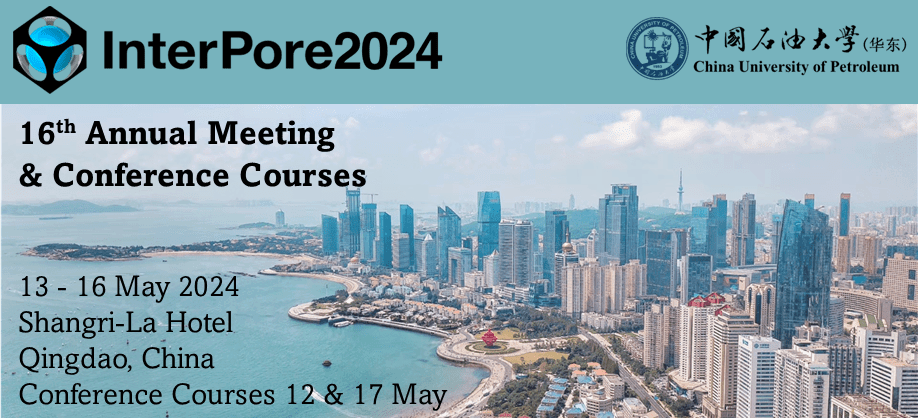Speaker
Description
Abstract: Spontaneous imbibition is a process in which porous media spontaneously inhales wetting liquid driven by capillary force, which is an effective means to enhance oil recovery in tight reservoirs. At present, the observation methods of spontaneous imbibition mainly include nuclear magnetic resonance method and computer tomography method. In this paper, the method of ultrasonic testing is used to link the change of seismic attributes of rocks with the distribution of fluids, indirectly observe the spontaneous imbibition process of rocks, and explore the imbibition law of tight sandstone. The high-pressure mercury intrusion method and low-temperature nitrogen adsorption method were carried out on two kinds of tight sandstone. The pore structure parameters of the rock were calculated, and the complexity of the pore structure was quantitatively described according to the fractal characterization method. In addition, the ultrasonic test of the imbibition process of the two rocks was carried out, and the flow of the fluid was observed by the change of the velocity and amplitude of the elastic wave, and the influence of the pore structure of the rock on the imbibition was analyzed. The results show that the pore structure of tight core is complex, mainly micron pores. The initial rate of imbibition is faster, and the rate gradually slows down with the increase of imbibition height. When the fluid front reaches the vicinity of the sensor, the velocity and amplitude of the ultrasonic wave are strongly affected.
Keywords: Tight sandstone, spontaneous imbibition, ultrasonic monitoring
| Country | China |
|---|---|
| Conference Proceedings | I am interested in having my paper published in the proceedings. |
| Acceptance of the Terms & Conditions | Click here to agree |




.jpg)
